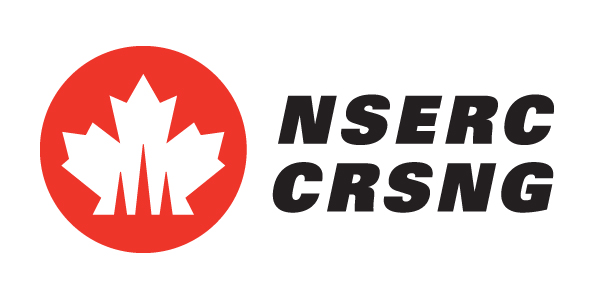Recent Highlights
Objectives
Research themes
Training opportunities
How to apply
Investigators
Collaborators
Partners
Students
Seminars
Program management
Annual meetings
Contact us
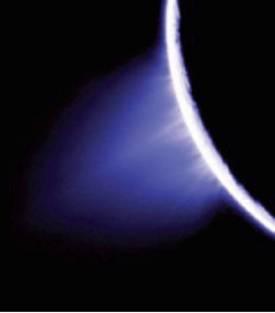
Contact information:
Ms Yella Jovich-Zahirovich
Project Coordinator
catp.create@mcgill.ca
Tel. 514-398-7824
Fax. 514-398-7990
Dr. Lyle Whyte
Principal Investigator
lyle.whyte@mcgill.ca
Tel. 514-398-7889
Fax. 514-398-7990
Canadian Astrobiology Training Program
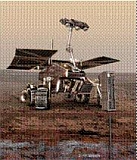
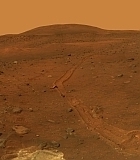
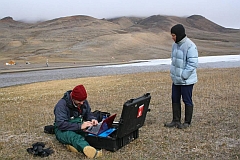
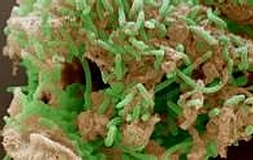
Canadian Astrobiology Training Program (CATP)
Astrobiology is broadly defined as the scientific study of the origin, evolution, distribution, conditions and destiny of life in the universe.
This new, transdisciplinary science is based on two scientific revolutions - the recent realization that microbial life is extremely hardy and can thrive in very harsh environments previously thought uninhabitable on Earth and the explosion of space technologies that are driving the robotic exploration of Mars and other planets in the search for life in our solar system.
The Canadian Astrobiology Training Program (CATP) will create the first Canadian cross-disciplinary, multi-institutional undergraduate, graduate and postdoctoral training program in Astrobiology, which by its very nature will be accomplished through collaborative and integrative research approaches containing elements of geology, chemistry, physics, astronomy, microbiology, and robotics. CATP trainees (~70 graduate & undergraduate students, PDFs over 6 years) will be exposed to innovative research and training approaches, combining fieldwork at unique Canadian analogue sites, including those in the high Arctic, with laboratory work at cutting edge analytical facilities at participating university, government, and industry partners.
Shared expertise within and among institutions will be provided by means of course and seminar videoconferencing, and interdisciplinary supervision.
Professional training will be enhanced by training rotations with our collaborators at CSA, MDA Space Missions, and our international partners, including NASA Ames.
CATP HQP trained in various aspects of astrobiology will be at the forefront of the search for life beyond the Earth.
Indeed, CATP will address the recognized lack of HQP in space science and lead to new scientific opportunities and promote Canadian participation in future missions to Mars with the ultimate goal of having Canadian scientists actively participating on such missions within 2-5 years as well as the Mars sample return mission in ~2018; both are direct initiatives of the 2008 CSA Exploration Roadmap.
The skills acquired through this program will be directly transferable to various other disciplines, such as Earth and environmental sciences, robotics, medicine, and astronomy.
The Canadian Astrobiology Training Program (CATP) is the first Canadian cross-disciplinary, multi-institutional undergraduate, graduate and postdoctoral training program in Astrobiology and is a NSERC–funded Collaborative Research and Training Experience Program (CREATE) (2009-2015) located at McGill University, McMaster University, University of Western Ontario, University of Toronto, and the University of Winnipeg.



